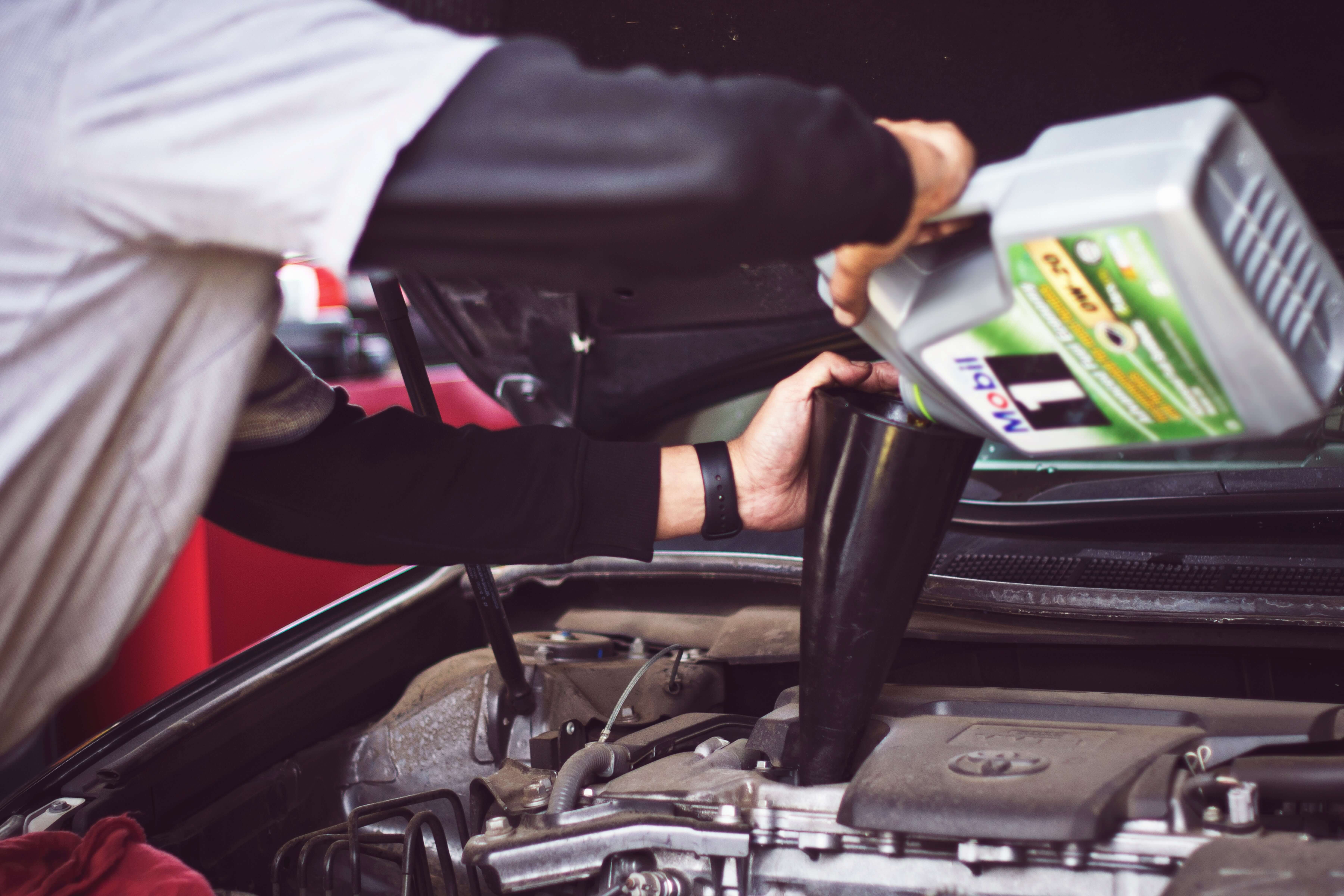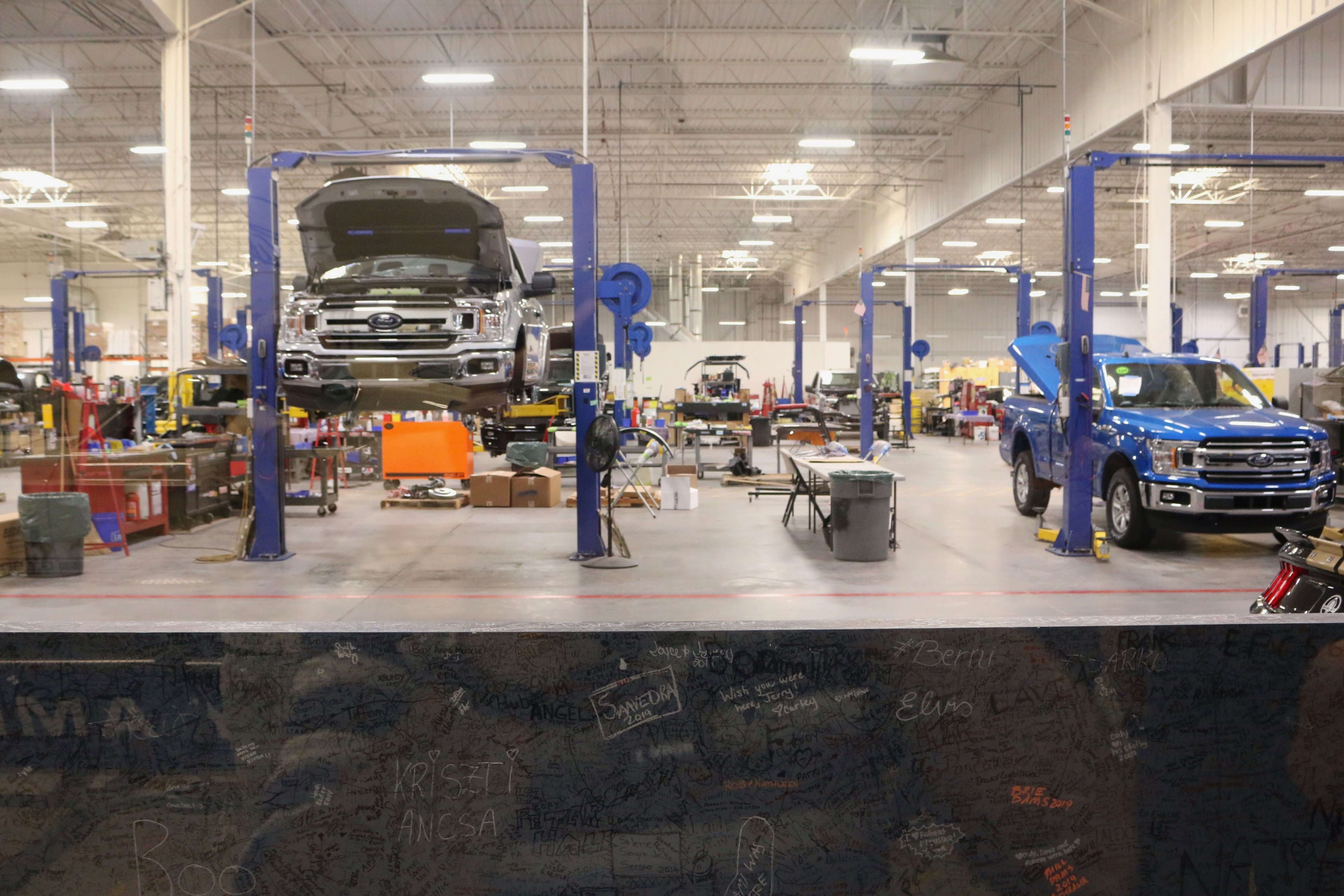Why Shop Owners Are Outsourcing Their Automotive Payroll
In the past, auto shop owners had to create their own payroll and accounting processes from scratch. Without an established framework for handling...

Not only do we have real life experience working in the industry, but we do accounting for a fair number of auto shops, and in that time, we’ve learned a thing or two about the industry. The first? Usually, folks don’t get into auto repair because they like accounting – they do it because they like to fix cars. The problem is that good accounting is imperative to your auto shop’s growth.
Running an auto shop can be a rewarding and profitable business, but it also comes with its fair share of accounting challenges. Managing your finances accurately is essential to the success of your business, and accounting errors can quickly spiral out of control if not handled correctly. In this blog, we will explore some common accounting issues that we see our folks deal with in the auto shop industry and how we help them address each one.
The first step in managing your auto shop finances is to accurately categorize your revenue and expenses. This is especially important when it comes to separating your labor and parts sales. As a repair shop, you primarily sell two things: labor and parts. While the bulk of your financials may seem straightforward, it is crucial to break down each revenue and expense item into the correct category. You should be able to see exactly what you are selling in parts and what you are selling in labor, as well as the cost of each.
When it comes to labor costs, there are two ways to account for them: direct labor cost and loaded labor cost. Direct labor cost is literally the direct wages the employees that are producing those labor revenue dollars earned. Loaded labor cost, on the other hand, includes benefits, FICA taxes, and any costs that you incur to have that employee. Understanding where those labor pools sit is very important.
One of the most common accounting issues in the auto shop industry is with timing. Matching expenses with revenues is a significant challenge, especially when it comes to labor costs. For example, if you pay employees every two weeks, some months will have three paychecks. That process can create peaks and valleys in your labor costs and drive you to make incorrect decisions. A simple way to address this issue is to run payroll semi-monthly instead of bi-weekly or weekly. To get that labor cost even tighter - calculate the actual days/hours worked versus the labor revenues on the days that employees work, rather than when you pay them. Either way, labor costs will then line up better with labor sales, providing a more accurate financial picture.
Another common issue is tracking inventory. Most shops buy parts on demand, and these days inventory on hand for many auto repair shops is usually less than $10k. That’s fine and good, but it also means that you must be diligent with your shop management system. Get comfortable with the system you're using, because you’ll be doing it a lot. Each part that touches a car and that you charge for must be tagged on a ticket in your shop management system. Once you close a ticket, your system should tell you the amount it costs for ALL parts for your repair order. This will give you an ACTUAL picture of your profit margin on each job.
At the bare minimum, you should monitor your financial statement every month. That’s not as often as your shop management system (which will be used daily), but it is something that you’ll need to make time for. Once you have accurate, replicable data, you’ll be able to make decisions about your business growth, have more confidence when applying for loans, and generally make your life easier. Let’s talk about fixed asset accounting as an example.
Fixed asset accounting is an important aspect of managing the financial records for any business, including auto repair shops. To properly account for fixed assets such as equipment and machinery, it is essential to keep track of their value, depreciation, and any major restoration or upgrades made to them over time.
For example, if an auto repair shop purchases a $30,000 toolbox and pays $300 a month for the payment on it, it would be a mistake to just write off the $300 payment every month - but that is something we see often. Instead, it’s better to be recorded as a fixed asset on the company's balance sheet. To properly account for this purchase, the business would need to record the purchase price and determine the expected useful life of the toolbox – which would then allow you to write it off over time as a depreciation expense. As the toolbox is used or becomes outdated, its value decreases, which is recorded as a reduction in the asset's book value on the balance sheet and expense on the P&L.
The auto repair shop would also need to keep detailed records of additions made to the toolbox, as these costs would impact the value of the asset over time. By maintaining accurate records of fixed assets, an auto repair shop can ensure that its financial statements are accurate and up-to-date, which can help with budgeting and financial planning for the business.
In conclusion, managing finances for an auto shop can be challenging, but with the right accounting practices, it can be a smooth and efficient process. By accurately categorizing your revenue and expenses, managing inventory, and paying close attention to timing issues, you can create a system that will not just work – it will help you grow.
Still have more questions? That’s natural! We’d love to answer them for you. Schedule a call and let's talk it through!

In the past, auto shop owners had to create their own payroll and accounting processes from scratch. Without an established framework for handling...

Simple accounting mistakes can impact your auto shop more than you realize. Rather than having additional funds at the ready to allocate towards...

Accounting software for auto shops isn't just nice to have, it's a must-have. However, without adequate accounting knowledge, even the best software...